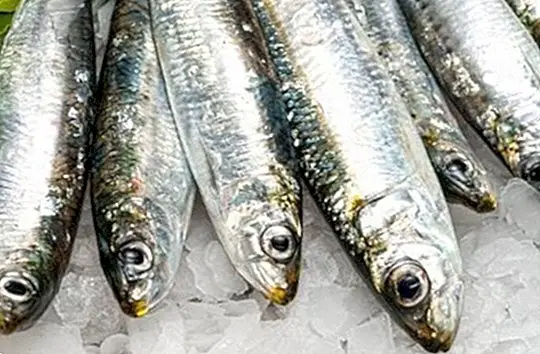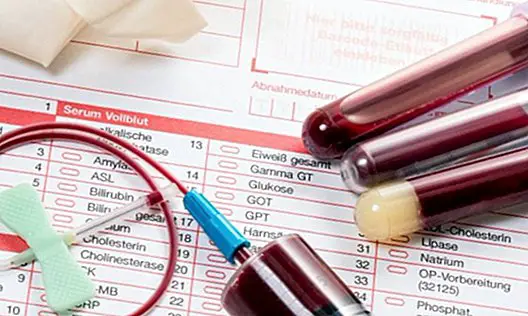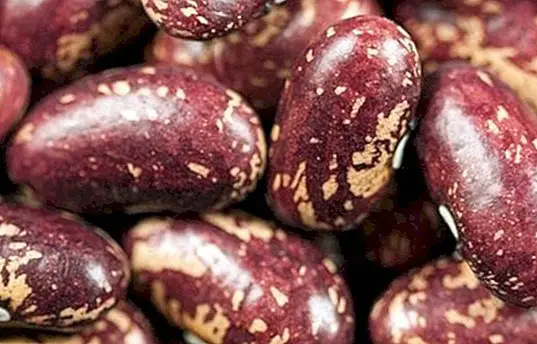Fruits with fewer calories
A calorie It is a unit of energy, used in nutrition as an index to measure the energy that the different foods ingested in our daily diet provide us. It allows us, therefore, to elaborate adequate diets that help in the loss of corporal weight, at the same time that diets below the 1,200 kcal are considered as very dangerous.
Therefore, absolutely all foods and most drinks (except water) provide calories. In healthy and healthy nutrition the most suitable are those rich foods from a nutritional point of view, being important to eliminate those that only provide empty calories (that is, foods that provide calories but no type of nutrient); A good example in this regard are alcoholic beverages or sugary soft drinks.
In the case of fruits, there is no doubt that we are faced with a group of foods that can not and should not be lacking in our diet, thanks to the fact that they provide vitamins, minerals, water and other essential nutrients for our health and for the proper functioning of the organism.
List of fruits with less caloric intake
Watermelon
16 kcal
100 gr.
Watermelon is one of the most characteristic and well-known fruits of summer. In addition, it stands out for being one of the lowest calorie fruits, being, however, very rich in water and fiber. It provides diuretic and laxative properties and is rich in lycopene, an antioxidant that helps in the protection of different types of cancer.

Grapefruit
25 kcal
100 gr.
It is a delicious fruit, characteristic of spring. It helps when it comes to lowering LDL cholesterol levels and is useful for balancing HDL cholesterol (the good cholesterol). All thanks to its pectin content.

Papaya
25 kcal
100 gr.
It is an ideal fruit for the stomach thanks to its digestive properties. It is also very rich in vitamin C, and its papain content makes it an ideal fruit for heavy digestions.

Orange
33 kcal
100 gr.
One of the fruits best known for its vitamin C content, helps reduce cholesterol, is an antioxidant and in turn is useful when it comes to eliminating toxins. In addition, it is anticancer and satiating.

Strawberries
34 kcal
100 gr.
They are rich in vitamin C and iron, which undoubtedly help in a positive way to the absorption of both minerals (since it is ideal to consume them together, or with foods rich in both nutrients to favor their better absorption). It also provides folic acid and vitamin K.

Cantaloupe
36 kcal
100 gr.
It is a fruit that helps to stimulate and improve appetite. It is diuretic, helps prevent fluid retention and is laxative. It provides large amounts of water, vitamin A, C, potassium and phosphorus.

Apricot
38 kcal
100 gr.
It is one of the fruits richest in beta carotene, a nutrient that becomes vitamin A (essential for the health of our eyes). In addition, it helps protect us against cardiovascular diseases.

Blueberries
41 kcal
100 gr.
Ideal for its antioxidant properties, being very suitable in case of urinary tract infections. In addition to their low calorie content they help positively when it comes to reducing fats.

Images | moreno0101 / Gabriel Li / Reeding / Fried Dough / WGyuri / richard_north / Max xx / brx0 This article is published for informational purposes only. You can not and should not replace the consultation with a Nutritionist. We advise you to consult your trusted Nutritionist. ThemesCalories of food


